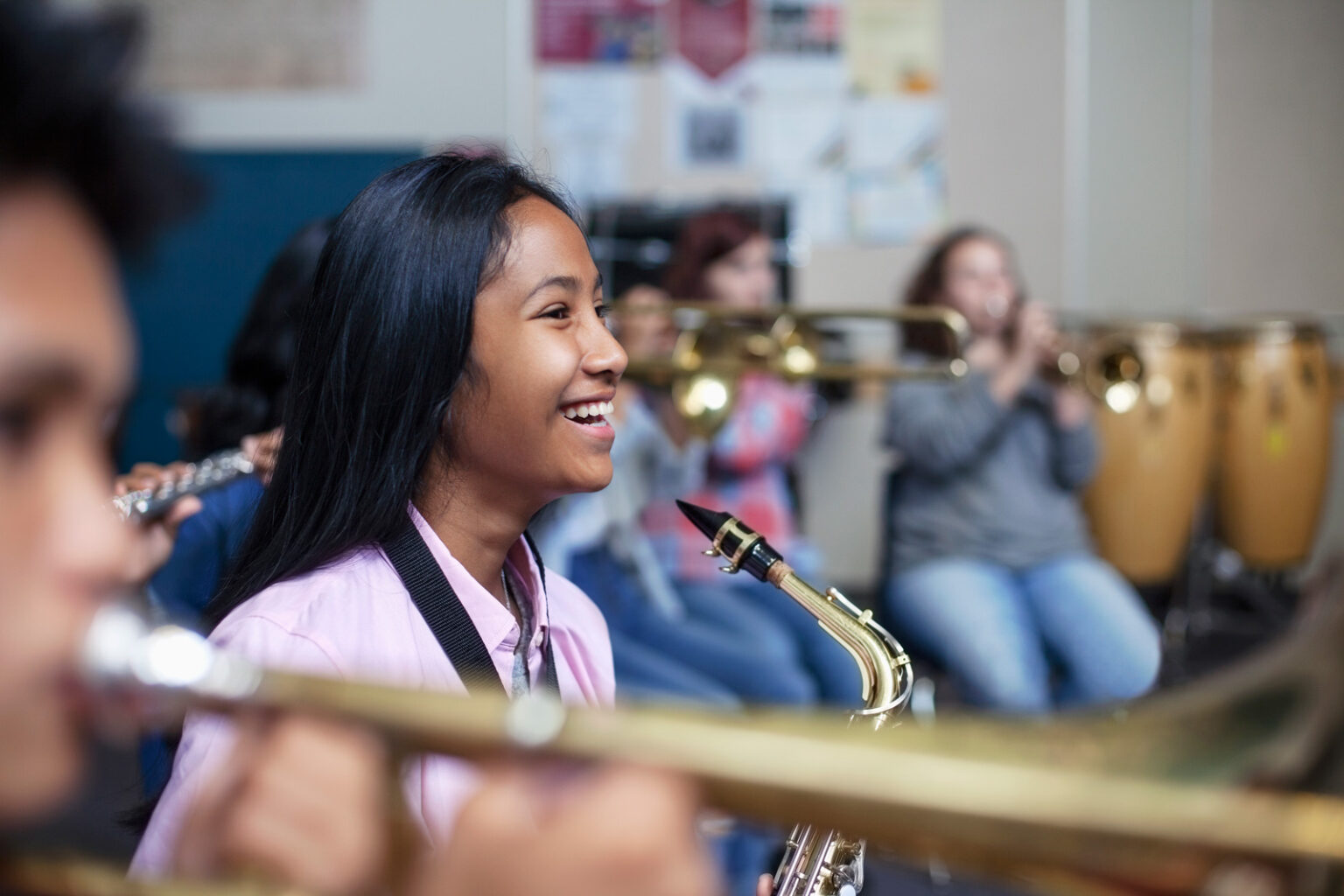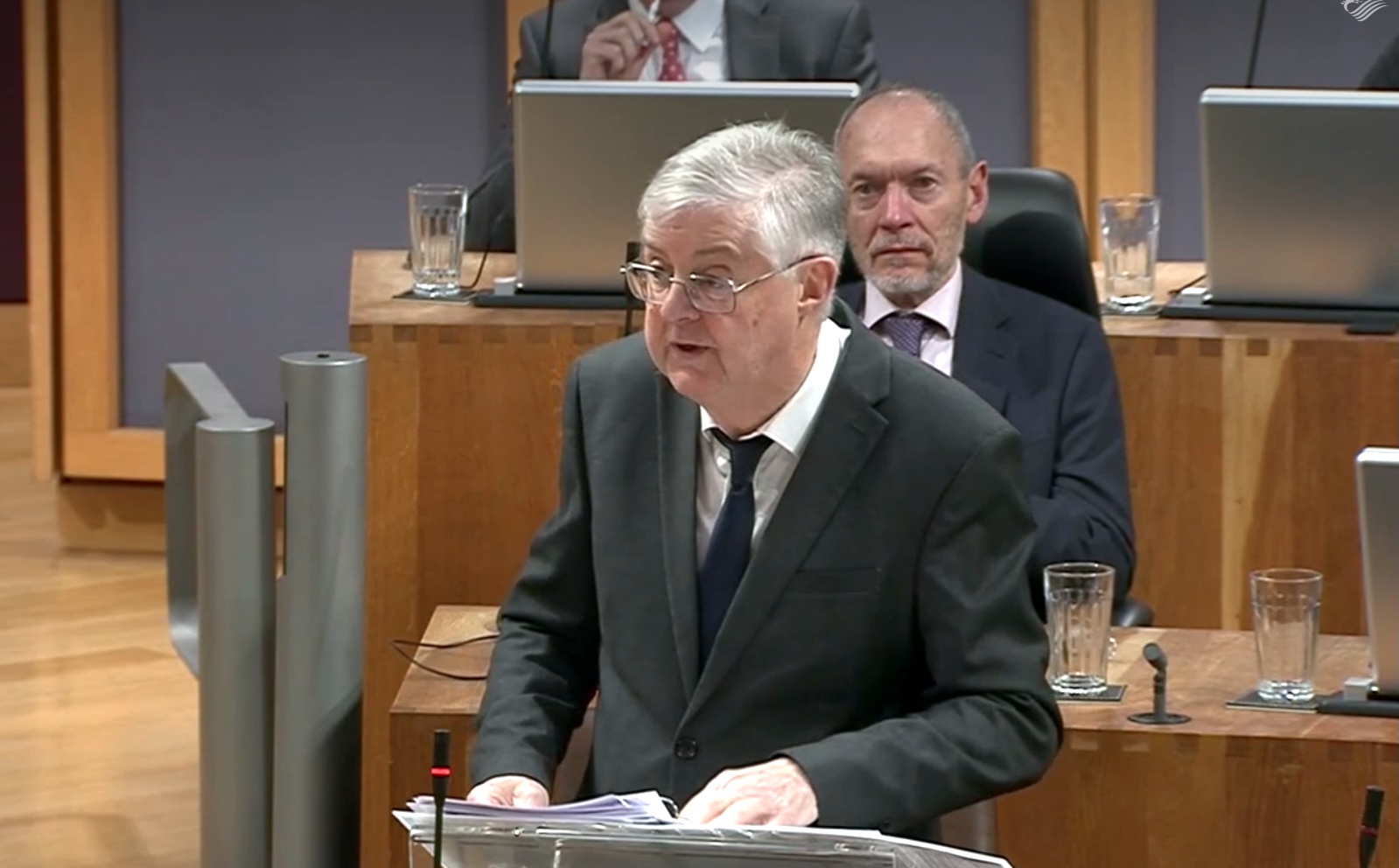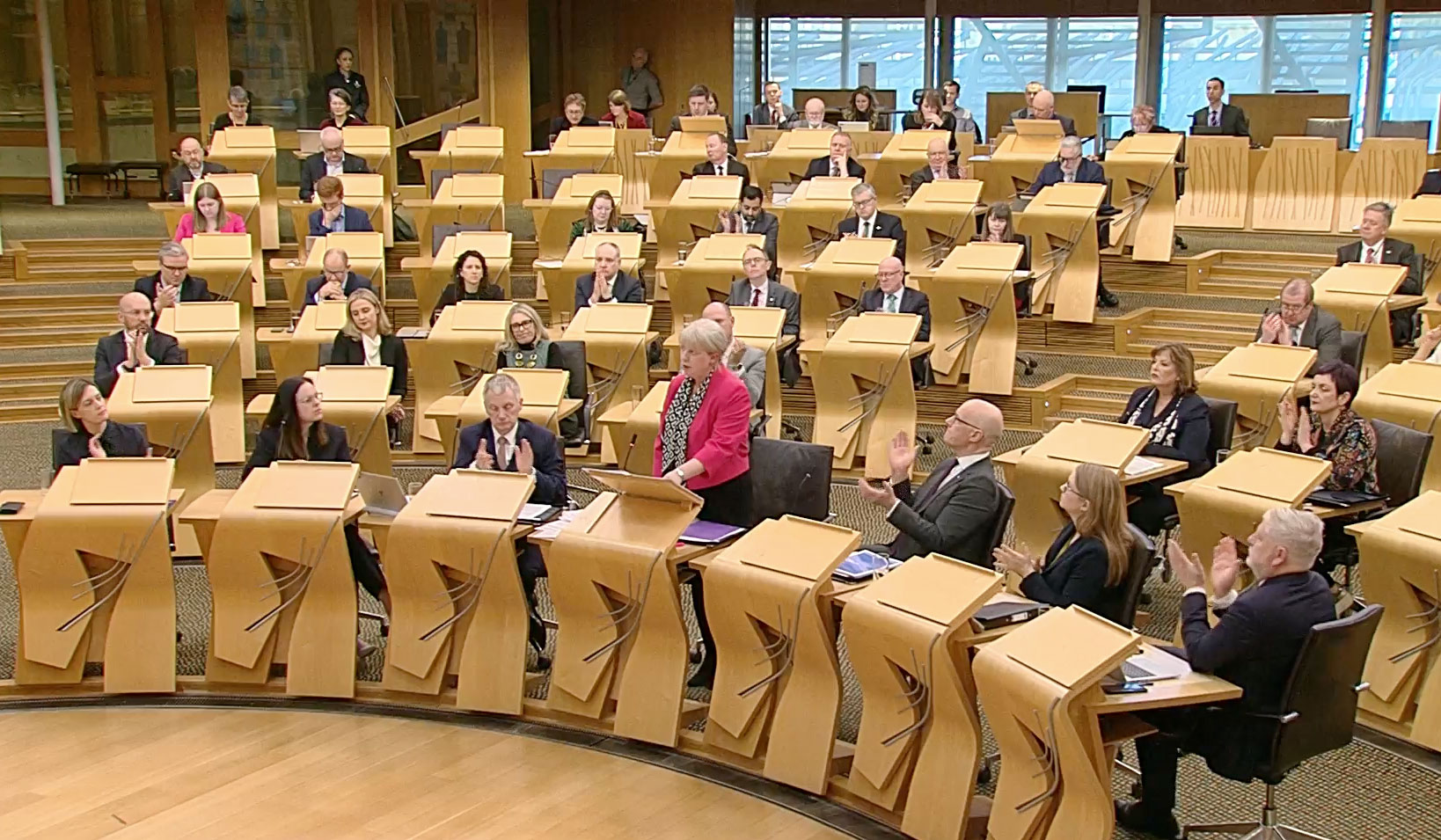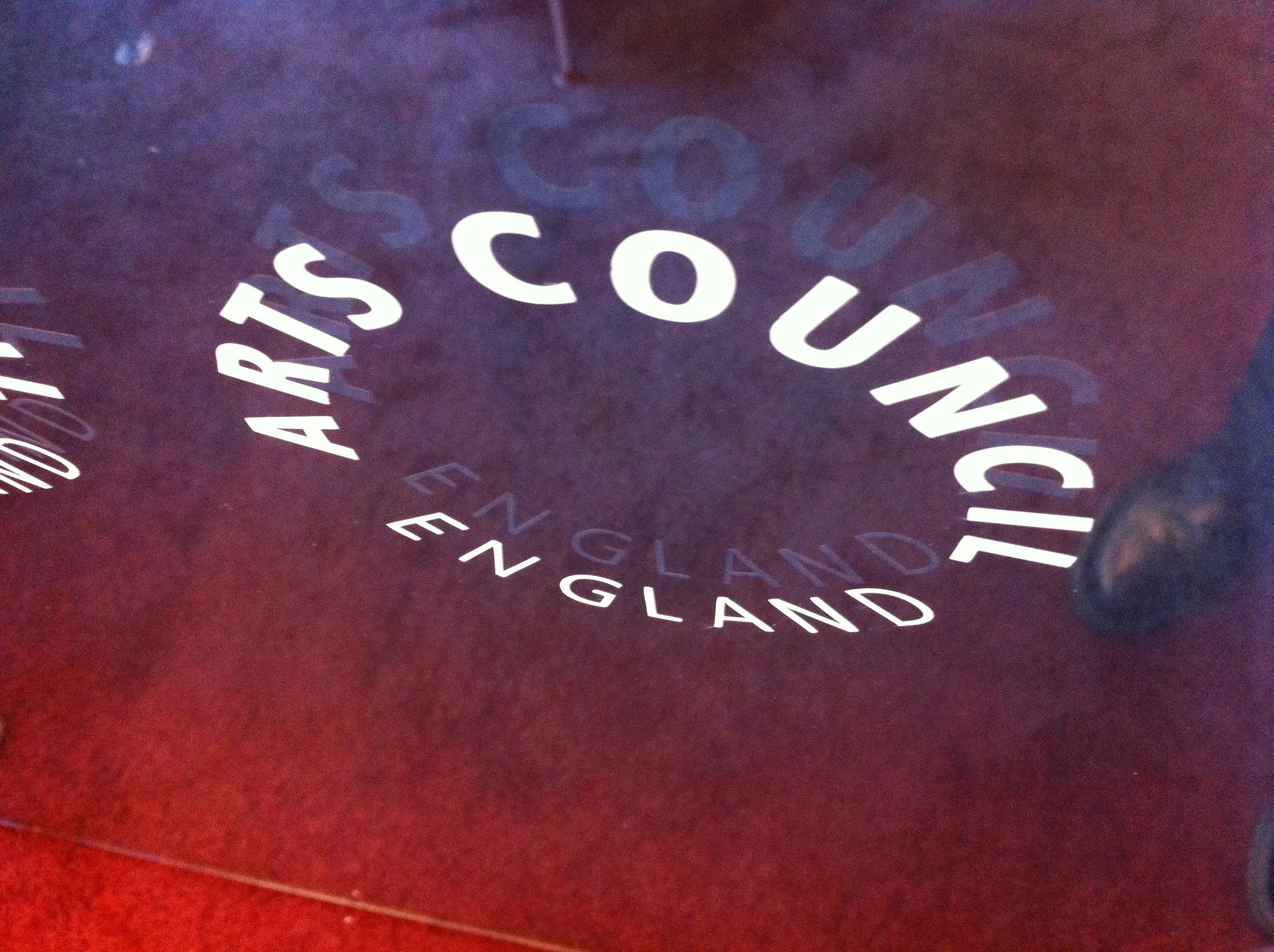The UK Government has started to announce how they will change the national curriculum and assessment system for 5- to 19-year-olds in England.
The changes are in response to an independent, expert-led review which has just published its final report after a 16-month process.
One headline recommendation already accepted by the Government is to scrap the EBacc (English Baccalaureate), a performance measure for schools introduced in 2010 that has been identified as a key cause of the decline of arts subjects.1 The Campaign for the Arts has been calling for this change as a coalition member of the Arts and Minds campaign, and it is extremely welcome.
The review panel recommended changes across all subjects, but the Government has given particular prominence to the arts in their official response. We are greatly encouraged by their pledge to “revitalise arts education as part of the reformed national curriculum and through high-quality support for teachers of these subjects”.
🎆 So could this be a new reason to remember, remember the 5th of November?
What’s all this about a curriculum and assessment review?
🖊️ In their 2024 manifesto, Labour pledged to “modernise the school curriculum” and “reform assessment” as part of plans to “transform our education system so that young people get the opportunities they deserve”.2
📜 After winning the general election, they commissioned Professor Becky Francis to convene a panel of experts and conduct an independent Curriculum and Assessment Review.
📕 Today (5 November 2025), the final report of that review has been published, and the Government has also published their response.
Why do we care so much about it?
📚 Schools are crucial for all children to access and experience the arts. The State of the Arts report showed that between 2013-14 and 2019-20, on average, between 44% and 57% of 11-15 year olds in England only engaged with arts activities at school, and not outside of school.
🚨 But the arts have been declining in English state-funded secondary schools. Recent analysis by the Campaign for the Arts found that since 2011, the number of hours of arts teaching has fallen by 23%. Since 2010, the share of GCSE and A-level entries in arts subjects has shrunk by 48% and 31% respectively.
⌚ That’s why we’ve been so eagerly awaiting this review as an opportunity for the Government to consider and respond to these troubling developments.
What did the review actually review?
The expert panel was given a clear remit:3
| In scope | Out of scope |
| ✅ The national curriculum (what pupils are expected to learn) ✅ The statutory assessment system (how pupils’ learning is measured) | ❌ Extra-curricular or ‘enrichment’ activities ❌ Core schools funding ❌ Workforce supply issues ❌ The Early Years Foundation Stage ❌ Careers advice and work experience ❌ Different pedagogical approaches |
The panel considered primary, secondary and 16-19 state education in England only. (Scotland, Wales and Northern Ireland have their own separate systems because education policy is devolved.)
They did this using statistical evidence; surveys of young people, their parents and carers; and 7,021 responses to a public Call for Evidence (including one submitted by the Campaign for the Arts).
What has the review recommended?
The review concluded that “much of the existing framework is effective and should therefore remain in place”, preferring “evolution not revolution”. However, it also identified several areas for improvement.
🔎 The expert panel has recommended that the government review and update each programme of study, some with small tweaks and others more considerably.
Across all subjects (and in Drama and Dance explicitly) the review advocates for stronger representation of the “diversity that makes up our modern society” so that all children can see themselves reflected in the courses they study.
Subjects like Design & Technology (D&T) are suggested to develop an explicit focus on sustainability and inclusive design, as part of a wider recommendation that the curriculum responds to “rapid technological, environmental and social change”.
Recommendations to strengthen oracy emphasise the need to give greater prominence to Drama. Drama remains categorised within English and Dance within PE, but both are recommended to have greater specificity at earlier Key Stages to ensure that students can more naturally progress to further study.
For Music, there is specific mention of optimising investment in learning instruments to ensure that progression is equitable rather than determined by out-of-school resources.4
📏 Beyond the curriculum itself, other important recommendations for arts education made by the review relate to the EBacc and Progress 8. These are not qualifications for pupils, but accountability measures used by the government to assess secondary schools’ performance.
About the EBacc
The EBacc was introduced in 2010. It measures the number of students entering GCSEs in a specific set of subjects (English language and literature, maths, sciences, geography or history, and a language). Notably, it excludes the arts.
About Progress 8
Progress 8 was introduced in 2016. It aims to show how much a secondary school has helped pupils improve (or progress) over a five-year period by comparing pupils’ GCSE results to Key Stage 2 SATs results. It is weighted towards the EBacc subjects, privileging them in a distinct ‘bucket’ ahead of other subjects.
These measures have contributed to a perceived hierarchy between subjects (an artificial distinction between what matters and what doesn’t) and a real one, as schools have been incentivised to divert money, resources and curriculum time towards the EBacc subjects.
The expert panel’s final report said:
“It is clear that the English Baccalaureate (EBacc) performance measures have to some degree unnecessarily constrained students’ choices. This has affected their engagement and achievement, and limited their access to, and the time available for, arts and vocational subjects […] As such, we recommend the removal of the EBacc measures but the retention of the EBacc ‘bucket’ in Progress 8 under the new title of ‘Academic Breadth’.”5
And how has the Government responded?
🎉 The Government has already accepted the review’s recommendation to scrap the EBacc. Ministers have signalled that “under the new arrangements, arts GCSEs will be given equal status to humanities and languages, recognising their value in boosting confidence and broadening skills for a competitive job market”.6
☁️ But the Government is diverging from the expert panel on Progress 8. Before the general election, Sir Keir Starmer said:
“From day one, Labour will reform the school accountability framework, to make sure arts count. We will update the Progress 8 performance measure, and use it to help all children study a creative arts subject, or sport, until they are 16.”7
Although the expert panel recommended keeping Progress 8 “with no changes to its structure or subject composition”8, the Government is maintaining its commitment to implement “reforms” to Progress 8.9 It has formally proposed adding creative subjects to the ‘Academic Breadth’ bucket alongside Humanities and Languages. This will now enter a consultation phase.
🎨 Moreover, the Government’s response places a greater emphasis on arts education than the review itself. The second pledge in the Executive Summary is to “revitalise arts education as part of the reformed national curriculum and through high-quality support for teachers of these subjects”. Arts subjects are described as “a fundamental part of the rich and broad education” the government wants, “an entitlement rather than an optional extra”, and “disciplines in their own right, with unique pedagogies that the best schools teach with expertise and rigour”. 10 In a comment piece for today’s i Paper, Sir Keir Starmer argues that music is “every bit as vital” as other subjects.11
What all this will mean in practice will become clearer down the line, as the new curriculum won’t come into force until September 2028 and further consultation and policy detail is expected between now and then. But this is really encouraging language from the government that offers hope for meaningful change.
🌳 The Government has also responded to the review with new commitments on activities beyond the national curriculum. They have set out a new “core enrichment entitlement” in an attempt to ensure every child has access to activities across five categories: civic engagement, arts and culture, nature and adventure, sport, and life skills.
This will mean drafting a new national curriculum with the “necessary space and time” created for these enrichment activities,12 asking Ofsted to include this expectation in their routine inspections, and communicating the availability of opportunities to parents through a new system of “school profiles”.
The government’s response describes allocating already-announced funding for young people to address cold spots for delivering these opportunities, including the £88 million Building Creative Futures fund and £132.5 million of Dormant Assets funding. But more generally, whether schools will have the necessary funds to deliver enrichment activities envisaged by the entitlement is a key concern (more on that below).
The government wants to pursue new partnerships with local clubs, voluntary sector organisations and national partners, and work with music hubs, philanthropy and civil society. We have seen great success in pioneering partnership models between arts organisations and schools in the past, and would welcome the idea of expanding and formalising these further.13 Nonetheless, this will inevitably create additional burdens on already-stretched school time and budgets (not to mention arts organisations) which would have to be addressed separately.
What else are we waiting for?
The Government has said that it will consult on several aspects of its Curriculum and Assessment Review response – including on the precise nature of reforms to Progress 8.
A detailed consultation is due to be released next spring and the new curriculum published in 2027, for teaching from September 2028.
There are several other Government initiatives currently underway that will complement curriculum and assessment changes, including a Schools White Paper, an imminent National Youth Strategy, a new National Centre for Arts and Music Education, and new funding from Dormant Assets that will partly support opportunities for young people in the arts, including the new enrichment entitlement described above. Further details on all of these are expected shortly.
All in all, is this a good day for the future of arts education?
✨Yes ✨
But there is more to do, and to keep an eye on.
Aside from the curriculum and assessment system, threats to arts education have included wider funding pressures on schools and a crisis in teacher recruitment and retention.
💰 At the June Spending Review we welcomed the planned real-terms increase in the core schools budget, but noted that 0.4% is unlikely to relieve all of the funding pressures that have contributed to decline. We will be paying close attention to schools funding within the upcoming UK Government Budget on 26 November.
🧑🏫 The number of arts teachers in English state-funded secondary schools fell by 27% between 2011 and 2024, from 55k to 40k. Last month the Department for Education announced that initial teacher training bursaries would be cut for Art & Design and Music, despite recruitment to all arts subjects being concerningly below target. The Government has today pledged to deliver “high-quality support for teachers of [arts] subjects”, so we hope to see initiatives like these reinstated.
Nonetheless, today’s announcements offer cause for celebration. The government’s decision to remove the EBacc, reform Progress 8 and place greater emphasis on creative subjects represents long-awaited recognition of the arts as a pillar of a balanced education. Reforms to curriculum and assessment, and to other aspects of the education system beyond this, promise to shore up the position of the arts in schools. That in turn would deliver real, positive benefits to children and young people, and ultimately to our whole society.
Like all our work, our research and analysis is funded almost entirely by small donations from our supporters. We don’t receive any government funding or corporate sponsorship and the average donation to us is just £5.65 a month. If you found this useful, please consider becoming a donor with just a few pounds a month – we truly rely on supporters like you.
- The Arts in Schools: Foundations for the Future, pg 36[↩]
- Labour manifesto, pg 77[↩]
- Curriculum and Assessment Review: Review Aims, Terms of Reference and Working Principles[↩]
- Curriculum and Assessment Review Final Report, pg 98[↩]
- Curriculum and Assessment Review Final Report, pg 10[↩]
- New curriculum to give young people the skills for life and work[↩]
- Keir Starmer’s speech at the Labour Creatives Conference[↩]
- Government response to the Curriculum and Assessment Review, pg 125-6[↩]
- Government response to the Curriculum and Assessment Review, pg 10, 45[↩]
- Government response to the Curriculum and Assessment Review, pg 9, 14[↩]
- Starmer: I played violin with Fatboy Slim – why every child should learn music[↩]
- Government response to the Curriculum and Assessment Review, pg 14[↩]
- Orchestra of the Age of Enlightenment is key to success of pupils[↩]




One response to “Curriculum change in England – what’s happening?”
It is great to hear this news that the Arts are being recognised as vital to human growth and development, and that this is now going to be actively supported within schools timetables and budgets.
Ironically, and just as Ed Sheeran has made this development very public, universities in the UK are removing support for music in their prospectuses. Whilst Cardiff University have back-tracked on plans to close their music degree, the University of Nottingham is now suspending its music degree, and both of the Universities in Newcastle upon Tyne are moving in the same direction – Newcastle University has suspended its Folk Music degree for the current year and, less publicly, Northumbria University is now actively engaged in the process of closing down its Music degree within the next few years.
The northern universities, particularly, pride themselves on their engagement with their region and communities, and their ability to draw on and develop local talent in their bid for excellence on the national and international stage of research, culture and industry.
Part of this engagement involves allowing students to gain experience working in schools, advocating their subject and encouraging children to value and develop their talents, in music for example, as possible career options.
While it is great that in the foreseeable future schools will be encouraging musical interest and achievement, how can this then be followed through if Universities are pulling out of their responsibility to facilitate this pathway to professional careers?